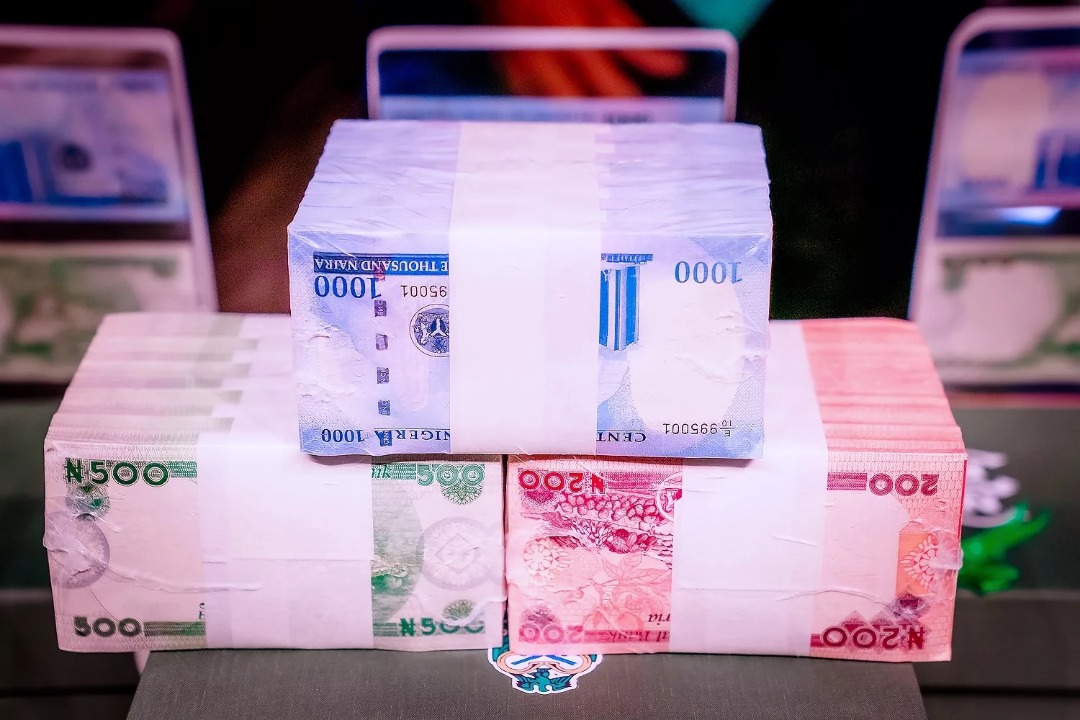Some foreign exchange traders say Nigeria’s currency swap deal with China is helping reduce pressure on the naira, as more Chinese traders now accept naira in exchange for yuan rather than insisting on dollars.
Gatekeepers News reports that they also cited the rise of peer-to-peer (P2P) forex trading as another factor stabilizing the exchange rate. P2P platforms allow individuals to exchange currencies directly without banks or middlemen.
Nigeria and China first signed a $2.5 billion currency swap agreement in April 2018 to reduce dependence on the dollar and facilitate trade between both countries. In December 2024, the Federal Government renewed a $2 billion version of the deal to strengthen bilateral commerce.
China remains Nigeria’s largest trading partner, with imports from China valued at ₦14.14 trillion and exports to China exceeding ₦3 trillion in 2024.
Speaking to Nairametrics, Aminu Gwadebe, President of the Association of Bureau De Change Operators of Nigeria (ABCON), said recent exchange rate stability can be linked to Chinese traders’ willingness to accept naira directly.
“The Chinese are now collecting naira for yuan, doing P2P. Go to any mining factory and you will see a Chinese man in Nigeria. The two things are working—Chinese swap and P2P—which the CBN is not doing,” Gwadebe said.
He stressed that for Nigerians importing from China, the need for dollars is reduced:
“If a Nigerian is importing from China, all he needs is yuan to settle his affairs. You don’t even need dollars. Why convert from naira to dollar, then dollar to yuan? It doesn’t make sense as a businessman.”
However, Gwadebe described the official swap deal as “already a failure,” suggesting that while it has technically expired, many transactions still happen informally.
Another trader, Yusuf, noted that while the swap agreement has some effect, its impact in everyday market activity is limited because the dollar remains dominant.
“Yes, the swap agreement between Nigeria and China has some influence, but the effect is not that strong in day-to-day market operations. The main idea was to reduce dependence on the U.S. dollar. But in reality, many Nigerian traders still prefer USD because it is more widely accepted globally. Even Chinese suppliers often ask for dollars,” he said.
He added that yuan is not widely available in street markets, making it less practical for remittances, school fees, or medical payments abroad.









